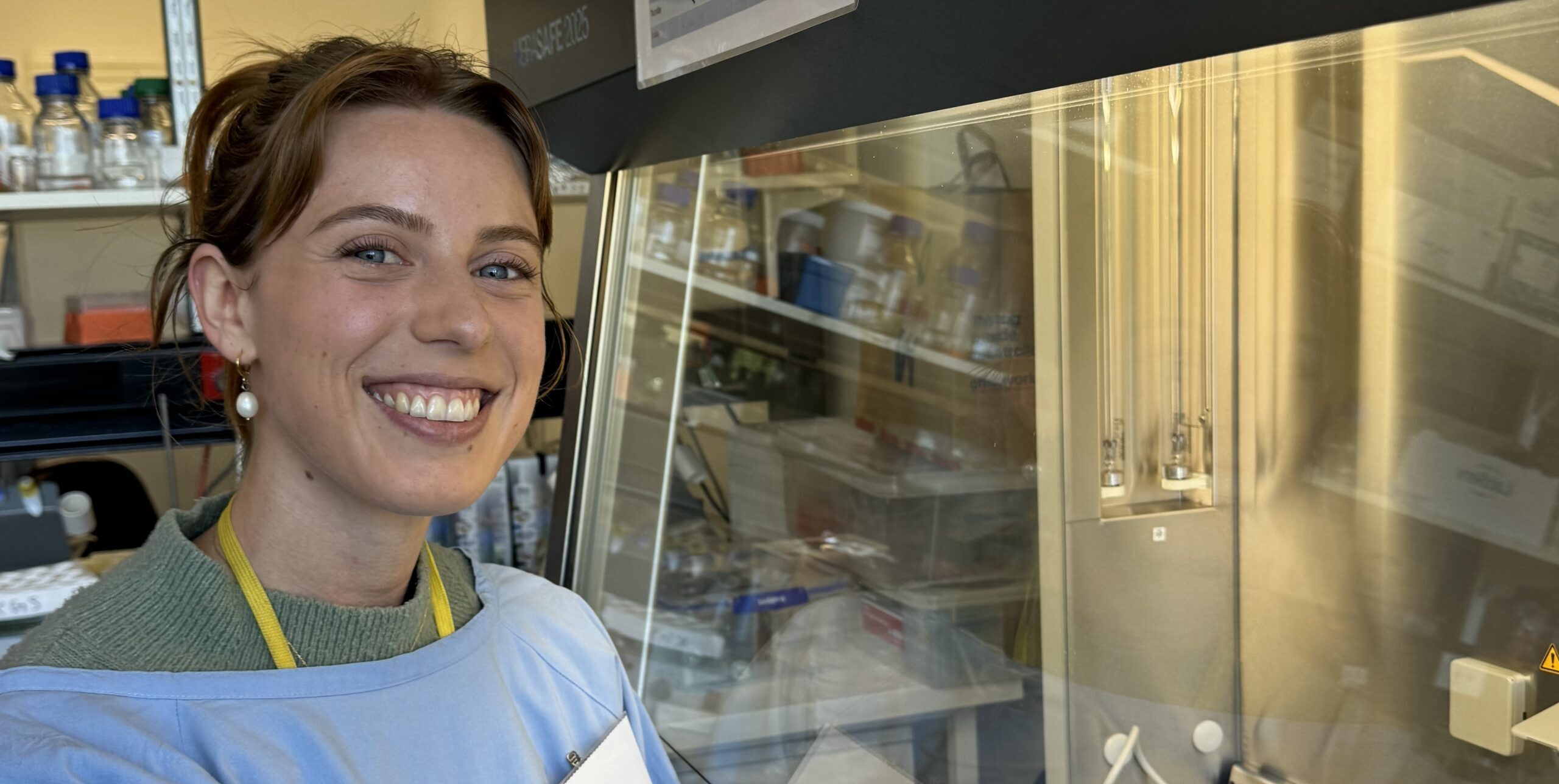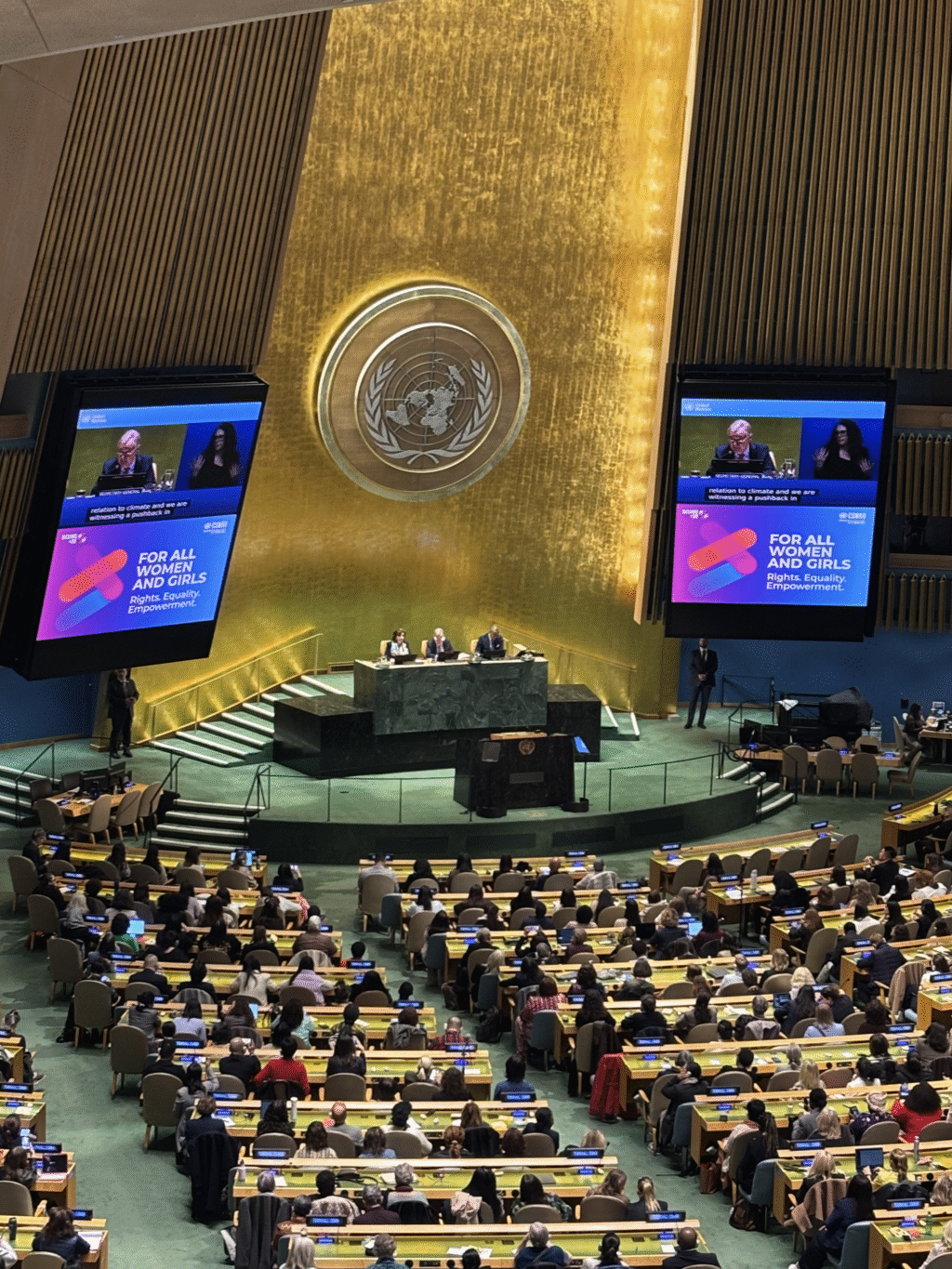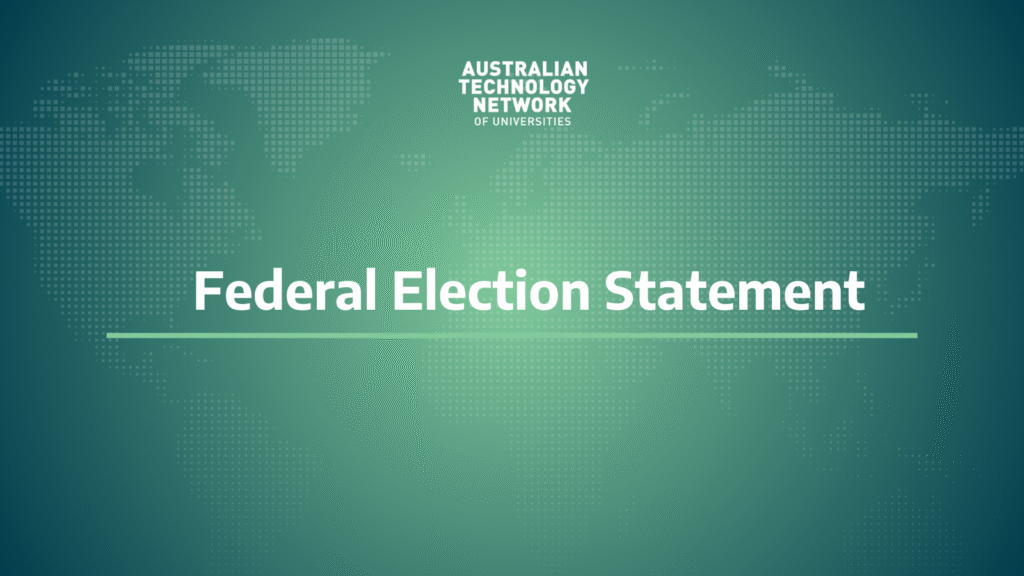Under the Microscope
Michelle Sims – Science meets Parliament LGBTQIA+ Scholarship WinnerThis month ATN Universities heard from Michelle Sims, the recipient of the Science meets Parliament LGBTQIA+ Scholarship. Michelle told ATN Universities about her love for science, why she’s passionate about environmental toxicology and her work as the scholarship winner.

- What drove you to your field of research?
I was actually doing a PhD in medical science when I had quite a big career rethink- I loved research, but I didn’t feel super passionate about my project and felt quite sad doing animal studies. I was also getting increasingly concerned with the mounting negative impacts human activity has had on our environment. This led me to find my passion in environmental toxicology, a field that intersects the environment, human health, and toxicology!
2. Your area of expertise is in Environmental Contamination and Microbial Ecotoxicology, do you have a surprising or fun fact to share from your research?
Most of the facts are sad! The most tragic fact for me was finding out the packaging of microwave popcorn is lined with PFAS! PFAS are a large group of synthetic chemicals with mounting evidence of adverse health effects in humans (hormone/immune disruption, some cancers).
3. Your PHD is titled “Microbial Existence Under Chemical Persistence: Analysing the PFAS Impact” – tell us more about this research
My research is trying to understand how these chemicals impact some of our smallest forms of life- fungi, bacteria, and archaea. Because these chemicals are pretty much everywhere (in our blood, on agricultural land, rainwater, and even household dust!), it is useful for us to know how they may be altering the earth’s microbiome. For example, are PFAS reducing the number of “good” microbes and thus driving the survival of plant and human pathogens? Or have some microbes overcome PFAS toxicity and figured how to breakdown these chemicals?
4. What do you believe is most important about the work you undertake as the Science meets Parliament LGBTQIA+ Scholarship winner?
Countries all over the world including Australia are looking to implement stricter regulations for PFAS; understanding how these compounds impact microorganisms will help advise policymakers in decisions regarding their regulation. Additionally, if we manage to find microorganisms that can breakdown these chemicals, this would be an extremely useful tool for the remediation of PFAS contaminated soil and water.
5. You are passionate about sharing your love for science, you even host a show called “Slice of Science” on Radio Adelaide. What motivated you to host a radio show about science?
I am! My motivation comes from my love for science and belief that knowledge created by science is meant to be shared. Slice of Science has been a great way for me to practice translating scientific knowledge into digestible information, while also connecting with local researchers to help get their work out into the public!
6. How much time do you spend on a university campus? What excites you about working within a university campus?
I’m on campus 5 days a week, I’m very grateful to be studying at Flinders University the campus is very beautiful and I love working in the lab.
7. What do you think is the biggest challenge facing higher education in Australia?
The loss of great minds to universities overseas; we need to improve the way we value research/knowledge to retain those highly educated researchers. The use of AI is another big challenge the universities are facing right now.
8. Do you have a hobby?
Yes, other than the radio show, I also play saxophone and piano in my spare time and do some acting too.
9. Can you tell us of a book, film or TV show you recently read or watched that you would recommend and why?
I recently watched Dune 2 and also finished the book, not enough Sci-Fi’s have worms.
10. What’s your dream holiday destination and why?
At the moment probably Japan. I really love Japanese food, and I would love to go there to snowboard and experience the beautiful nature and interesting technology.
11. What would you say to a student about to begin their higher education journey?
Use student support services! I work at the Learning Lounge at Flinders and it’s a great service to help students with anything from referencing to understanding assignments.

